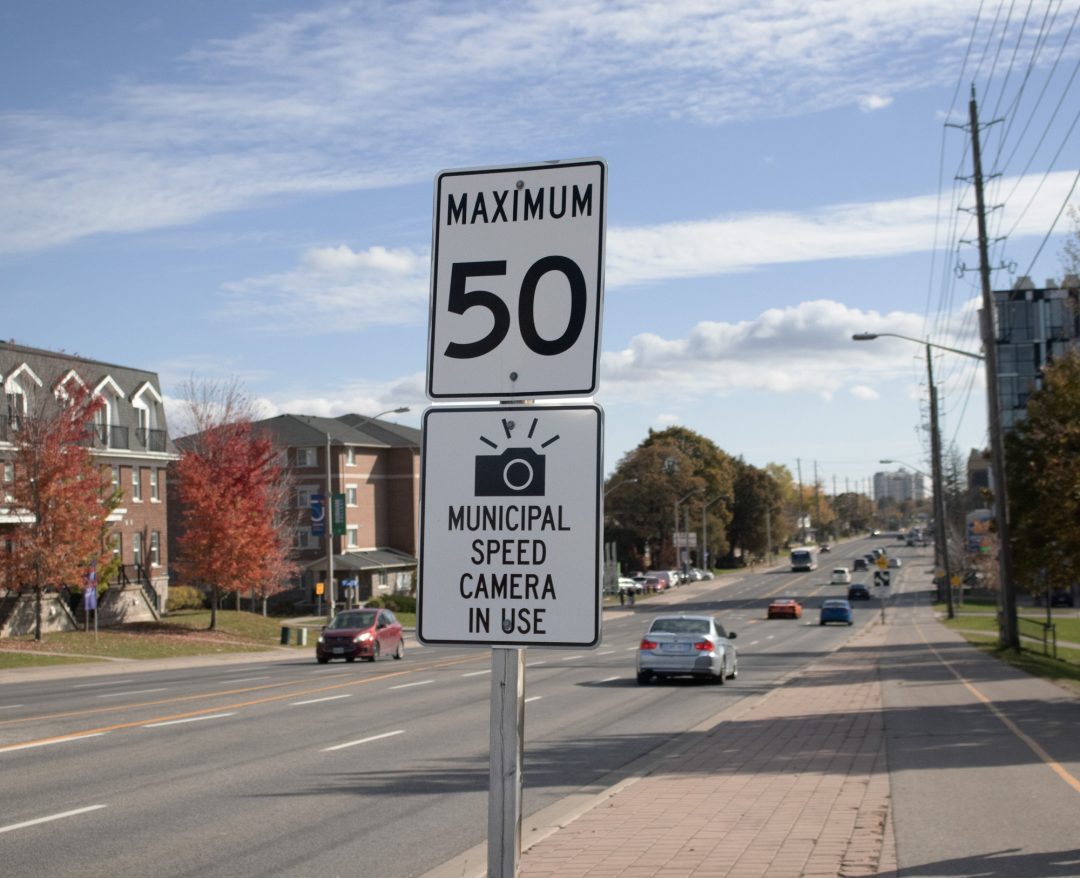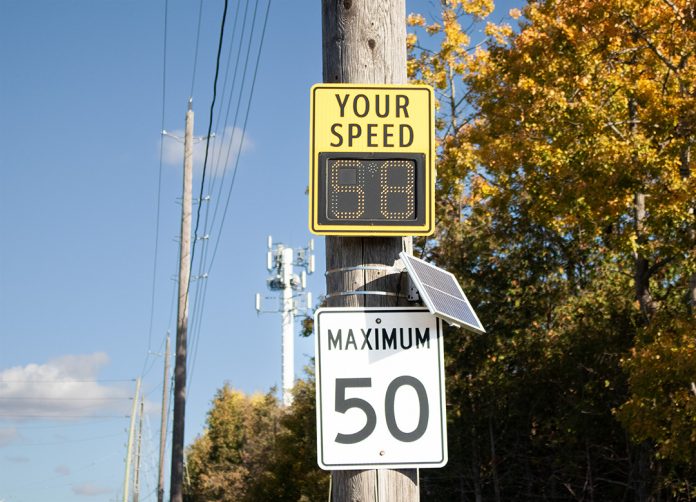Speed cameras will soon disappear from Oshawa’s streets and one city councillor is not happy about it.
Oshawa councillor Rick Kerr says municipal leaders are concerned about the school and community zones.
He says these speed cameras were not going into rural areas, but urban areas where children and vulnerable people live.
“We’re talking about school zones, we’re not talking about a street in the country or something where there’s no traffic or no kids playing in the street,” said Kerr.
Late last month, the provincial government passed a bill that bans municipalities from installing automated speed cameras.
The ban came after premier Doug Ford called speed cameras a “tax grab” that did not stop drivers from speeding.
Many drivers agreed with his words.
Durham College student, Jamie Babcock, agrees with the province’s decision.
“They are just a money grab. They don’t really stop people from speeding,” said Babcock.

One of the biggest points made by people in support of Ford’s ban is that speed cameras will ticket regardless of how much a driver goes over the speed limit.
Babcock said this is the main reason she despises speed cameras, calling them “unfair.”
“I feel like they are unfair because if you’re only going over like a couple kilometres an hour, that’s not speeding per se,” said Babcock.
Kerr said it’s important for drivers to receive consequences for speeding because charging drivers discourages them from speeding through safety zones in the future.
“If you speed through and there’s no negative consequence, it doesn’t make any difference but if you speed through there and get a ticket in the mall for $160 then its like oh my god thats a lot of money, I’m not going to speed through there again,” said Kerr.
But some people question how to enforce speed limits in school and safety zones without speed cameras.
Durham College student, John McGivney, said the best way to prevent speeding related accidents is education.
“I think the best thing in terms of minimizing speeding or dangerous driving is education from a young age on how to drive properly,” he said.
He said then there would be no need for corrective measures like speed cameras.
“If we had a population of drivers who were competent then we wouldn’t need to be investing in all of these side resources to correct after the fact,” said McGivney.
Kerr said regardless of where someone is driving, they should be watching their speed.
“You should be watching your speed because the faster you go, the less time you have to react, or avoid an accident,” he said.
Speed cameras must be removed by Nov. 14 and are to be replaced with temporary signage until additional traffic calming measures have been approved, according to the provincial government.




